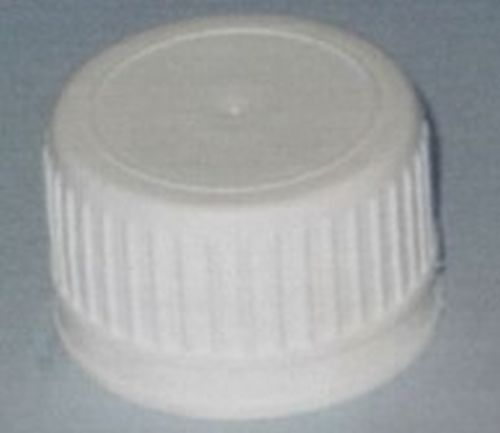A decision of 29 March 2023 of the General Assembly of the Turkish Court of Cassation has clarified whether the examination of lawfulness of the Turkish Patent and Trademark Office's decision on absolute novelty of a design is limited to the evidence submitted in the opposition process or whether ex officio examination can be conducted at any phase.
Güldeniz Doğan Alkan and Hatice İnci Turan report for Class 99.
The facts of the case

The design subject to the opposition

The design that was the basis of the opposition
After the publication of the design application (pictured top), a company opposed this application by claiming that it lacked novelty. It based its opposition on its own design (pictured below).
Based on the evidence submitted by the opponent, the Office refused the application due to lack of novelty. Thereupon, the applicant requested the cancellation of this decision.
The decision of the IP court
The IP court cancelled the decision and ruled that the application was new, as the expert report determined that it was new based (only) on the evidence submitted before the Office, even though it was not considered new based on ex officio research conducted by the experts.
The IP court overlooked the ex officio research of the experts and only considered the evaluation made by the Office based on the evidence submitted in the opposition process. It stated that the case was about determining whether the Office's decision was lawful and correct at the date it was rendered.
Therefore, the court found that the novelty examination is limited to the documents provided before the Office. The Office is not entitled to request or examine further ex officio, as re-conducting the absolute novelty examination would be contrary to the assessment of the legality of the Office decision.
The decision of the Court of Cassation
Upon the appeal of the Office as defendant, the dispute was brought before the Court of Cassation, which reiterated that if a design has not been presented to the public anywhere in the world before the application or priority date, it shall be accepted as new.
Therefore, it ruled that the absolute novelty should be examined ex officio by the court by considering the evidence submitted by the parties and the expert examination. Therefore, it reversed the decision.
The decision of the IP Court
Upon the reversal, the IP Court persisted in its decision, stating that the opponent had the opportunity to put forward any evidence in the opposition process and the Office rendered its decision within the framework of this evidence.
It said that only this evidence should be considered; otherwise, it would be concluded that the Office would have made an unlawful decision based on evidence that was not brought before the Office, but which was reached by the experts on their own initiative.
After this decision, the Office appealed again and the dispute was brought before the General Assembly, this time to decide which of the decisions was correct.
The decision of the General Assembly
The General Assembly precisely and clearly ruled that the absolute novelty examination shall be made ex officio, independently from the evidence submitted in the opposition process and the court shall investigate whether the same design has been presented to the public anywhere in the world before the application or priority date.
Likewise, both in a cancellation action against the Office's decision and in an invalidity action against a design registration, experts shall determine whether the design in question has met the absolute novelty requirement by conducting ex officio research.
Since the element of absolute novelty in patents, utility models and designs is related to public order, it is mandatory both for the Office and the courts to conduct absolute novelty examination ex officio. Therefore, the decision of the IP Court was annulled.
Comments
The decisions going back and forth between the courts contributed to the interpretation of the absolute novelty requirement of designs and its reflection into examination of the evidence both submitted in the opposition and ex officio gathered in court process.
Although the IP Court only considered the evidence submitted before the Office, the approach of the General Assembly complies with the principle of absolute novelty, which arises from public order.
Even if the Office's decision was requested to be cancelled, the main purpose of the decision was to decide on the design's absolute novelty and it shall be examined ex officio to meet the requirement of "absoluteness".
First published by Marques - Class 99 in Feb 19, 2024.
The content of this article is intended to provide a general guide to the subject matter. Specialist advice should be sought about your specific circumstances.


